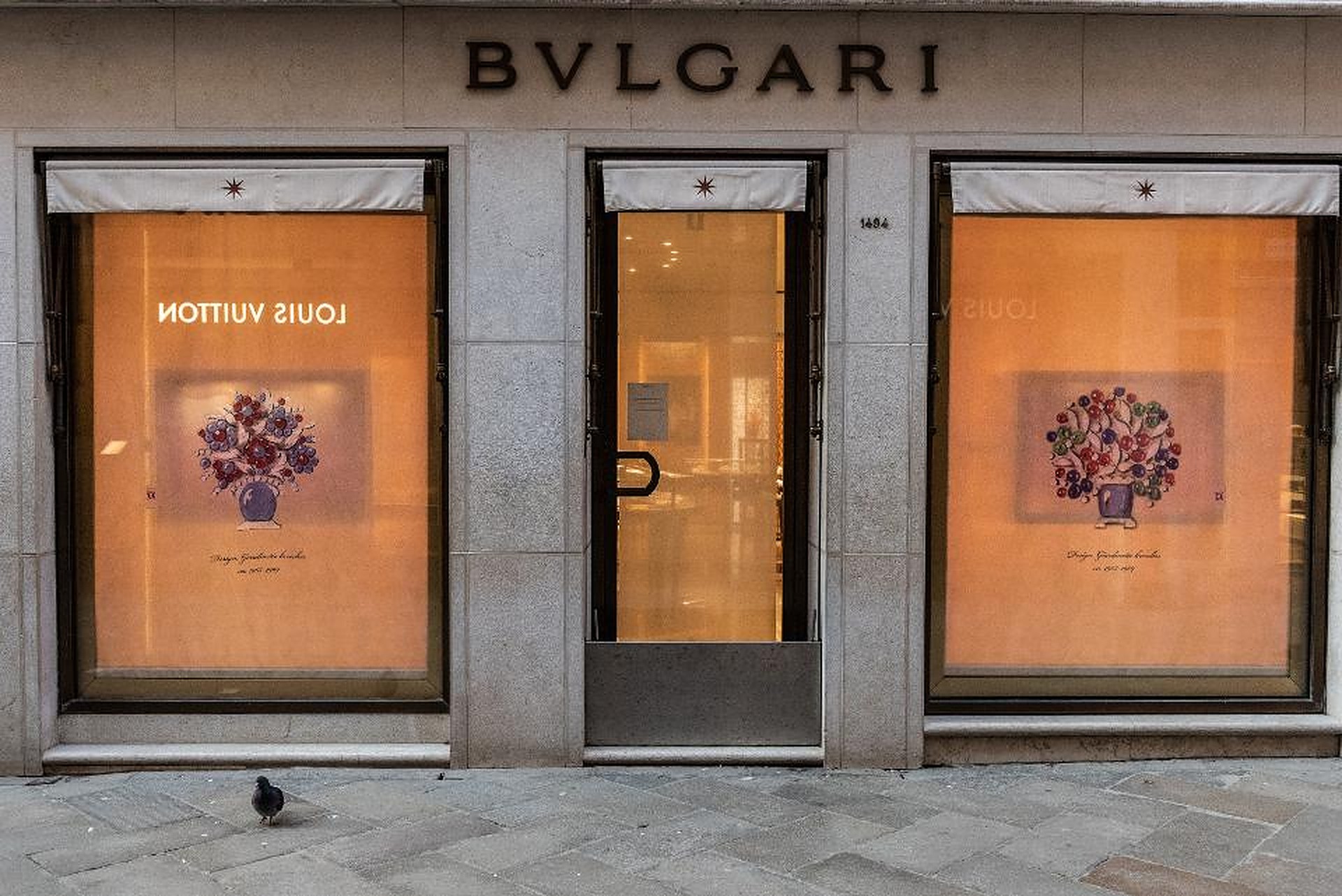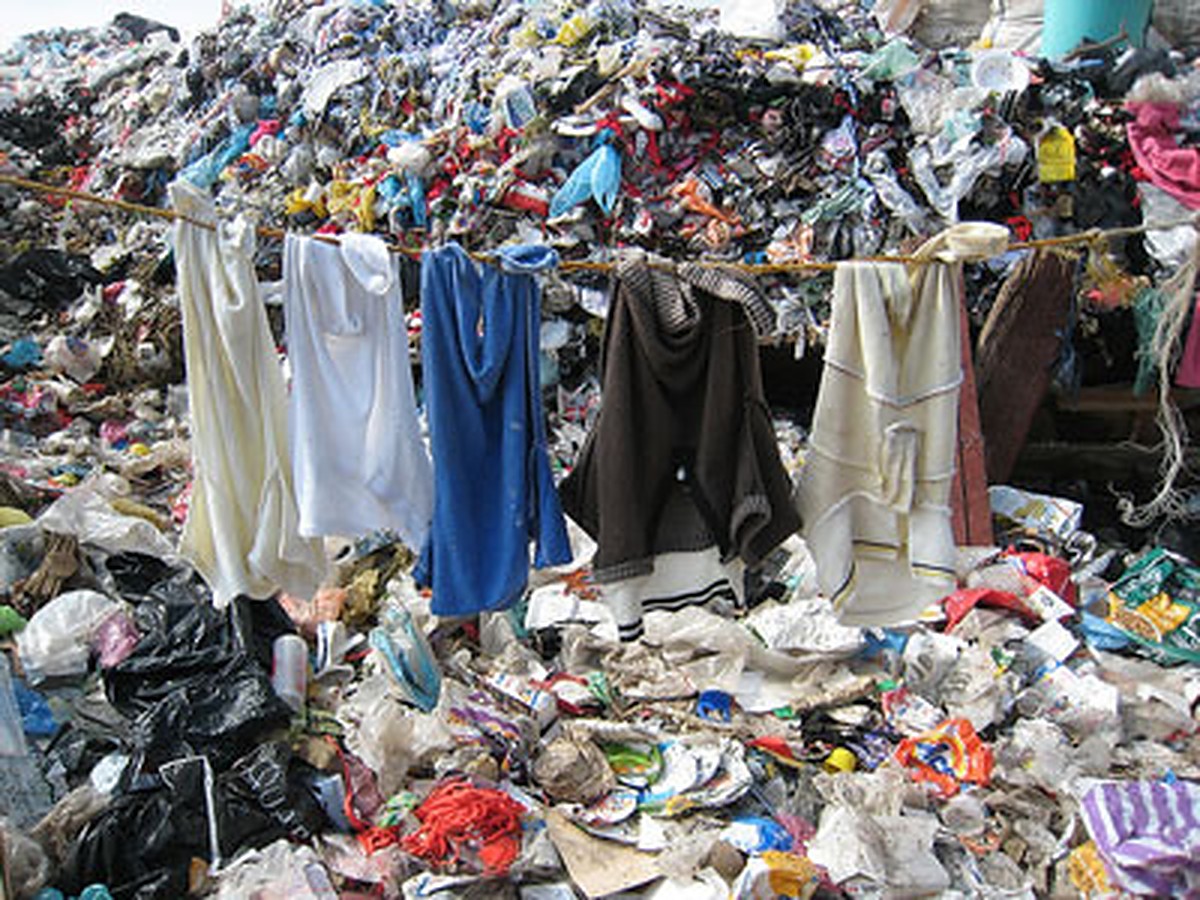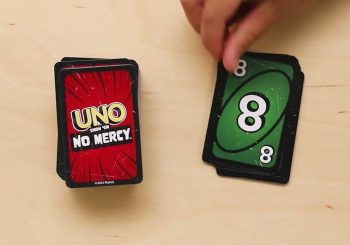
Will fashion be ever good for the world?
For the past decades, the fashion industry – particularly fast fashion – has been one of the most wasteful industries in the world. Globally, the industry produces 10% of the word’s carbon emissions, the second-largest consumer of our entire water supply, and on top of that, pollutes the oceans with microplastics.
The COVID-19 crisis is pushing many experts to question the industry’s place in the world during such uncertain times. Months of lockdown have resulted in millions of clothes unsold, and with the recent slump in consumption, sustainable and digital options have become more than necessary for its survival.
Online shopping and apps have increasingly become popular during this crisis, as it was revealed that “40% of consumers, who did not shop online previously, started using online channels during COVID-19 and 26% expect to shop less at physical stores following COVID-19.”
In Egypt, a new generation of environmentally and socially conscious consumers are aiming to change that. As part of their graduation project, a group of Egyptian students have launched a new environmentally friendly application “VATRINA” to reduce fashion waste and raise awareness on sustainable fashion in the community.
https://www.instagram.com/p/B_zO1NfDnYA/
The application offers three sustainable options: redesigning customer’s clothing, selling second-hand clothing, and donating.
“From our market research, found out that more than 60% people don’t really know what’s the meaning behind fashion waste or fast fashion,” Jasmine Yasser, cofounder of the app, tells Egyptian Streets. “Waste is not just plastic, it comes in many forms. But this is sadly not very much known, despite the fact that people contribute to it nearly everyday.”
More than 200 people participated in their survey on fashion waste, which revealed that a majority (around 90%) would either donate or throw away their old clothing, but are not aware of sustainable options to sell their clothing again or redesign it to give it a longer lifestyle.
“We were surprised by some of the responses. A majority told us in our interviews with them that they think wearing second hand clothing would lower their social status. They don’t really understand this idea that it is actually a sustainable practice, and you can contribute to the environment,” Yasser notes.
To consider the various sustainable options available, the group also carried out five intensive interviews with people from the fashion industry, and found that redesigning is also another solution to reduce fashion waste.
“We did more intensive interviews, targeting mostly women, and found that they are willing to pay money and buy a redesigned item as long as it suits their taste,” she adds.
The young students also believe that the current pandemic is an opportune to grow their company and raise awareness on sustainability.
“During the COVID-19 crisis, online apps like ours will help people buy, sell and donate clothes without having to go shopping in malls or bazaars,” Yasser says. “The donation option can also help vulnerable communities during this time, particularly those that are suffering financially.”
Currently, the face of the fashion market still looks uncertain, as one report by McKinsey & Company highlighted that the global fashion industry will contract by 27% to 30% in 2020.
As young students and entrepreneurs are already doing their part in saving the environment, it is up to governments to also back innovative and environmentally-friendly policies to ensure that clothes are being sold through resilient and sustainable ways.






Comment (1)
[…] Supply hyperlink […]